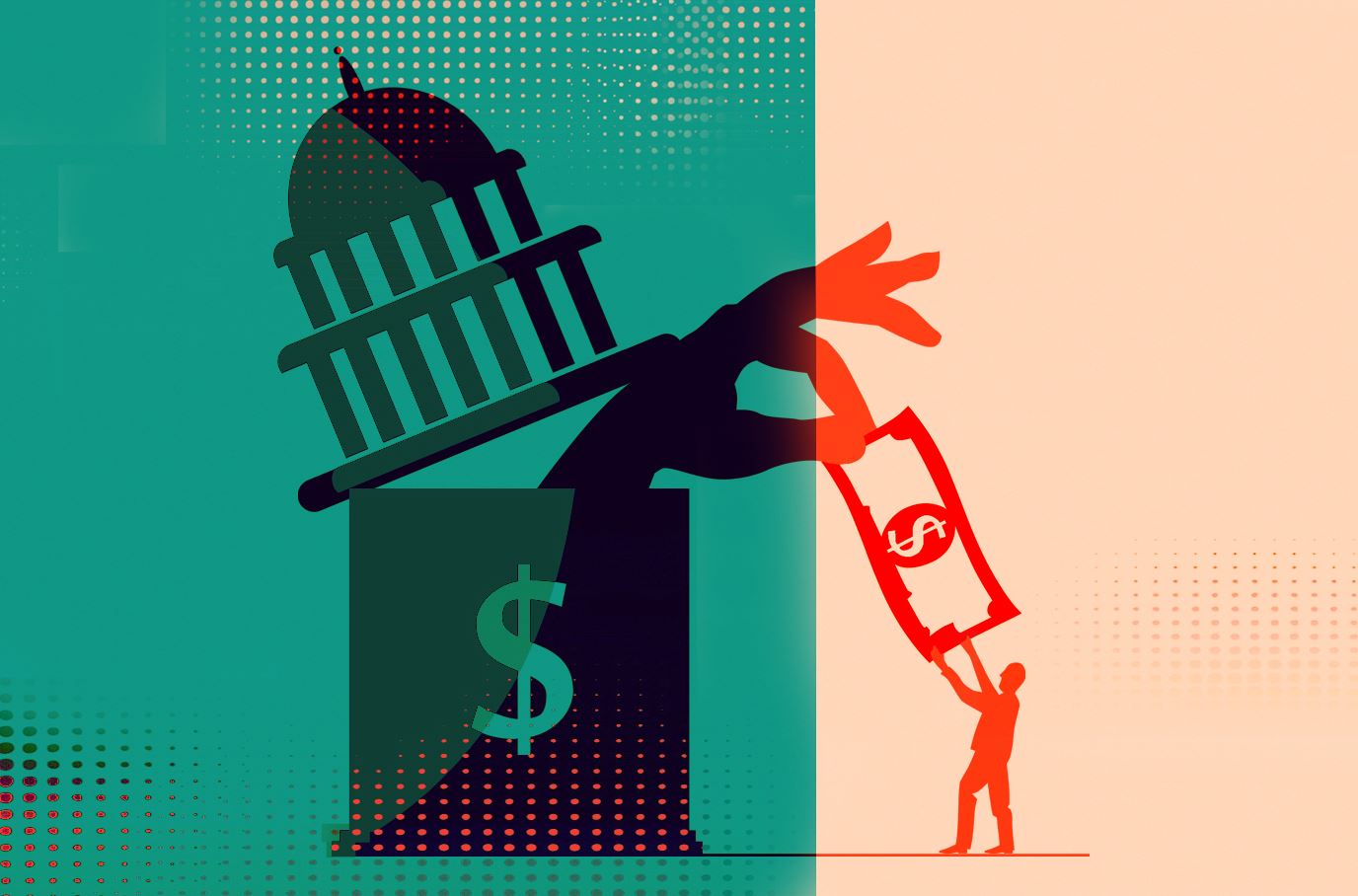
Whatever you might think of our current president, you can’t say he doesn’t think big.
The Trump-GOP tax plan just announced has the potential to impact retirement savers in fundamental, long-term ways that could be positive for many Americans. The plan is a long way from reality and is likely to see some changes before becoming law, for sure.
For now, here’s the thumbnail version:
• Corporate taxes fall to 20% from the current 35% (and some business deductions end)
• A possible one-time lower rate on repatriated corporate income held abroad, perhaps at 10%
• A 25% rate on “pass-through businesses,” whose owners now pay higher, personal income rates
• Three tax brackets — 12%, 25% and 35% — rather than the current seven
• A near-doubling of the standard deduction, the first dollar of income taxed, to $12,000 per individual and $24,000 for married couples
There’s more, such as a possible refundable child tax credit and the repeal of the estate tax, but let’s focus on what happens to the retirement investor.
If you work and make enough money to save, chances are you save into a 401(k) plan at work or put money into a personal IRA. So far, so good.
If you’re smart, you then invest that money in stocks and, perhaps, bonds and other securities. After all, you want your cash to grow faster than inflation, and stocks are the way to get that long-term growth.
Now, about taxes. Some will grumble that the corporate rate is low enough, or that the effective taxes paid by companies is low already.
But consider what a corporate tax cut means for retirement savers with investments in the stock market. Sure, lower taxes might mean more jobs. But one thing it means without a doubt is higher corporate income — money that goes to the owners of U.S. corporations.
Take a moment to dig into your 401(k) statement or look at it online. Inside your retirement plan you’ll find, most likely, a batch of mutual funds.
Drill down a bit more and you’ll quickly realize that mutual funds are nothing more than giant collections of stocks. One widely held stock mutual fund is the Vanguard Total Stock Market ETF (VTI).
Among the top holdings of VTI you’ll find Apple, Microsoft, Facebook, Amazon, Johnson & Johnson, Berkshire Hathaway, Exxon Mobil and JPMorgan Chase.
Vanguard fund doesn’t pick these stocks because they are “better” than any others but because the fund tracks the whole stock market from the largest to very smallest companies — 3,582 companies in all.
The top holding, Apple, has a weight of 3% of the total VTI portfolio. What that means is that if you have a $100,000 balance in your retirement plan, you own $3,000 worth of Apple.
Yes, you. People lose sight of this, but owning the stock literally means you own Apple. And Microsoft. And Facebook. An increase in the profitability of the companies in your retirement investment portfolio is an increase in value to you, the shareholder.
Extra juice
The second, crucial point is that retirement savers get to choose their own tax rate. Putting aside money into a 401(k) or IRA directly lowers your taxable income for the year in which you save.
Couple that fact with an increase in the standard deduction and you could see a big decrease in taxes. For instance, if you are married and in the 25% tax bracket, the increase in the standard deduction comes to $2,825 in tax savings.
Treat that money like the raise that is and increase your 401(k) contribution by $109 per paycheck. You won’t miss it, really, and over 30 years that little bit of extra juice could compound into $296,568 for your retirement.
Tax policy is complicated, but the effects of higher corporate profits is not. The benefits accrue to the owners, and that means the millions of Americans who save and invest for their own retirements by owning stock.





